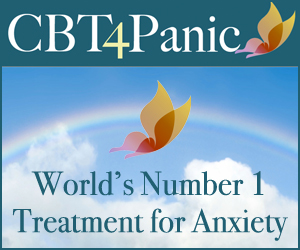How to improve depression
Improving depression involves a combination of self-care strategies, professional support, and lifestyle changes. Here are some approaches that may help:
1. Seek Professional Help
- Therapy: Cognitive Behavioral Therapy (CBT) is highly effective in treating depression by addressing negative thought patterns and behaviors.
- Medication: Antidepressants may be prescribed by a healthcare provider to help balance brain chemicals related to mood.
- Support Groups: Talking to others who are going through similar experiences can provide comfort and reduce isolation.
2. Exercise Regularly
- Physical activity boosts endorphins and serotonin, which can improve mood. Even light exercise like walking or yoga can make a significant difference.
3. Maintain a Healthy Diet
- Eating a balanced diet rich in fruits, vegetables, lean proteins, and whole grains can have a positive impact on mental health. Avoid excessive alcohol or sugar, as they can contribute to mood swings.
4. Sleep Well
- Try to get enough restful sleep, as a lack of sleep can exacerbate depression. Aim for 7-9 hours of sleep per night and establish a calming bedtime routine.
5. Practice Mindfulness and Relaxation Techniques
- Meditation, deep breathing, and mindfulness practices can help manage stress and reduce negative thought patterns. Apps like Headspace or Calm can guide you.
6. Connect with Others
- Stay connected with supportive friends and family. Isolation can worsen feelings of depression, so socializing, even in small doses, can help.
7. Set Small, Achievable Goals
- Depression can make even simple tasks feel overwhelming. Break tasks into smaller, manageable steps, and celebrate small achievements to build a sense of accomplishment.
8. Limit Negative Inputs
- Be mindful of your media consumption, as negative news or social media can contribute to feelings of anxiety and helplessness.
9. Engage in Activities You Enjoy
- Doing things you once enjoyed can help reintroduce joy and provide a break from depressive thoughts. Even if it feels difficult at first, try to push yourself to participate.
10. Consider Complementary Therapies
- Some people find alternative treatments like acupuncture, aromatherapy, or art therapy helpful in managing depression symptoms.
If depression persists or worsens, it’s crucial to seek professional support to address underlying causes and create a personalized treatment plan.



